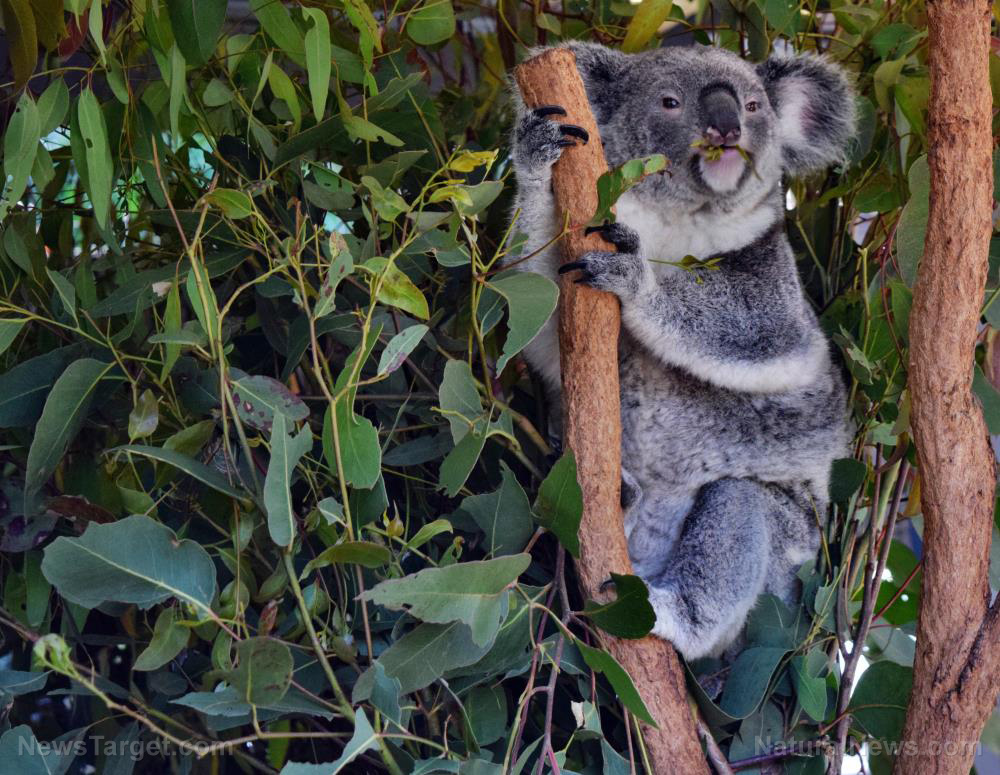
According to EcoWatch.com, the plan will go into motion by 2019. The phases will be as such:
- Year 2020 -- Plastic straws will be the first target of the Taiwanese Environmental Protection Administration (EPA). During the previous year, food and beverage establishments will no longer be allowed to hand out plastic straws to customers. By 2020, free plastic straws will be banned all of the country's food and beverage establishments. At the same time, these businesses cannot provide their customers with plastic beverage cups or disposable cutlery. Additionally, a preexisting restriction on the distribution of free plastic shopping bags will not just apply to select retailers. All stores that issue uniform invoices will fall under this restriction.
- Year 2025 -- Customers who wish to use plastic beverage cups will need to pay an extra fee, as will those who want to include plastic straws in their takeaway meals. During this year, a price system will be introduced and carried out on all disposable cutlery, and the prices of plastic shopping bags will be raised as well.
- Year 2030 -- The ban will be in full effect by this time. Plastic straws, beverage cups, shopping bags, and cutlery will be completely banned from all establishments and stores.
Other parts of the plan include utilizing up to 5,000 ships to sail the seas looking out for trash and raising public awareness on plastic pollution through outreach programs and educational campaigns. EPA Minister Lee Ying-Yuan has stated all members of the country should play their part in curbing plastic waste and protecting the ocean, especially since garbage-riddled waters have been a huge issue for Taiwan.
In 2015, about 10,000 volunteers from the Society of Wilderness cleaned up 48 beaches in 15 cities. About 36 tons of trash were collected, which amounted to almost 700 g of rubbish for every volunteer. Out of that 36 tons, almost 90 percent of it was composed of plastic items, and 72.4 percent of that were of plastic cutlery or food and beverage containers.
"Except for the fishing floats, all the top 10 items that are littering our beaches are everyday products, suggesting there is a huge problem of the public’s consumption behaviors and garbage management," said Lai Jung-Hsiao, President of the Society of Wilderness. He added that, at the time, there was still 1.8 million tons of garbage strewn all over Taiwan's expansive coastline. This was in spite of the fact that the society had organist 290 beach cleaning events across a 12-year time span. (Related: Pollution continues to murder whales as their stomachs are found brimming with plastic.)
Taiwan's beaches aren't the only place affected by plastic garbage: the Tamsui River is now known for being the world's 16th dirtiest river thanks to the tens of thousands of tons of trash being dumped into its water each year. The vast majority of garbage that ends up in the Tamsui is plastic.
To rectify all these problems, action must be taken by all of Taiwan's citizens. "The plan is a strong step forward in this regard and a milestone in tailoring responsive policies through input from the public and private sectors," said Lee. "As identified in the plan, the best way of addressing this problem is slashing the number of debris sources."
Taiwan joins several other countries who have vowed to cut down on plastic waste. Scotland, for example, announced in January of this year that they planned to prohibit the manufacturing and sales of cotton buds with plastic stems. In Chile, 102 coastal villages and towns are barred from selling plastic bags.
Find out how you can help the environment by going to Environ.news today.
Sources include:
Please contact us for more information.























